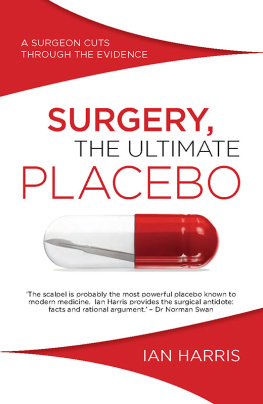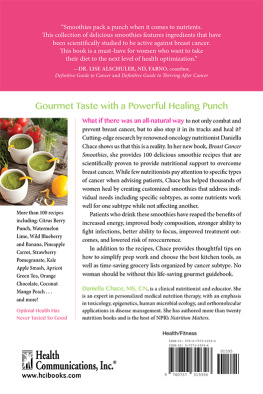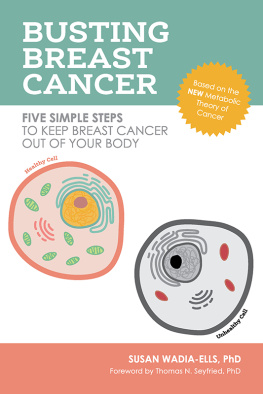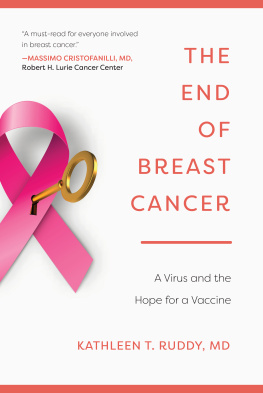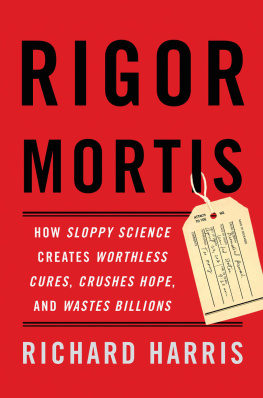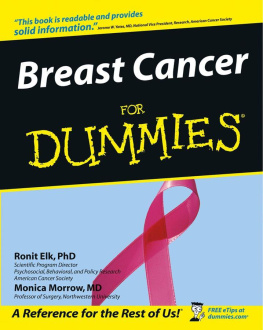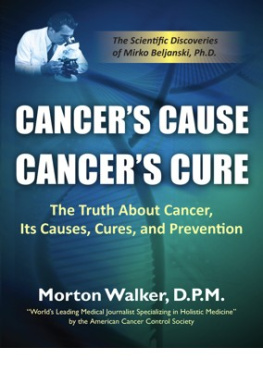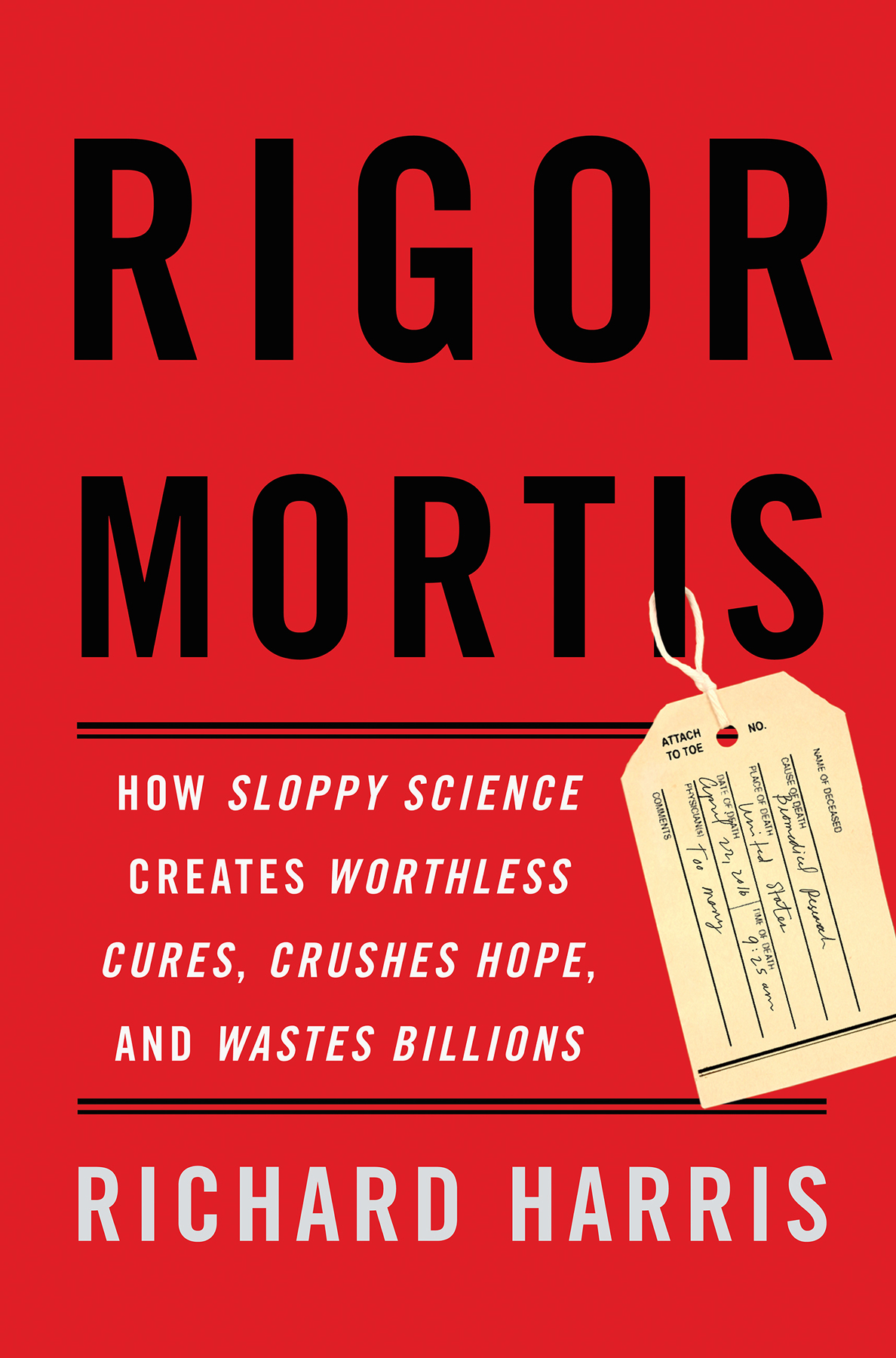Copyright 2017 by Richard F. Harris
Published by Basic Books, an imprint of Perseus Books, LLC, a subsidiary of Hachette Book Group, Inc.
All rights reserved. Printed in the United States of America. No part of this book may be reproduced in any manner whatsoever without written permission except in the case of brief quotations embodied in critical articles and reviews. For information, address Basic Books, 1290 Avenue of the Americas, New York, NY 10104.
Books published by Basic Books are available at special discounts for bulk purchases in the United States by corporations, institutions, and other organizations. For more information, please contact the Special Markets Department at Perseus Books, 2300 Chestnut Street, Suite 200, Philadelphia, PA 19103, or call (800) 810-4145, ext. 5000, or e-mail special.markets@perseusbooks.com.
Designed by Jeff Williams
Library of Congress Cataloging-in-Publication Data
Names: Harris, Richard F., author.
Title: Rigor mortis : how sloppy science creates worthless cures, crushes hope, and wastes billions / Richard Harris.
Description: New York : Basic Books, an imprint of Perseus Books, LLC, a subsidiary of Hachette Book Group, Inc., [2017] | Includes bibliographical references and index.
Identifiers: LCCN 2017001183 (print) | LCCN 2017005631 (ebook) | ISBN 9780465097906 (hardcover) | ISBN 9780465097913 (e-book)
Subjects: LCSH: Medicine--Research--Methodology. | Medical ethics. | BISAC: MEDICAL / Research. | MEDICAL / Ethics. | SCIENCE / Research & Methodology.
Classification: LCC R852 .H37 2017 (print) | LCC R852 (ebook) | DDC 610.72--dc23
LC record available at https://lccn.loc.gov/2017001183
E3-20170513-JV-PC
To my father, Michael Harris, 19222014
WHEN YOU READ about advances in medicine, it often seems like long-awaited breakthroughs are just around the corner for cancer, Alzheimers, stroke, osteoarthritis, and countless less common diseases. But it turns out we live in a world with an awful lot of corners. Most of the time we round one only to discover another corner rather than a destination. Ive reported countless medical stories since I arrived at National Public Radio in 1986, in retrospect with more hopefulness than they often deserved. And lately Ive come to realize that the reason medical research is so painfully slow isnt simply because its hardwhich indeed it is. It also turns out that scientists have been taking shortcuts around the methods they are supposed to use to avoid fooling themselves. The consequences are now haunting biomedical research. Simply too much of whats published is wrong. It doesnt have to be that way.
These should be halcyon days for medical science. The human genome, our genetic blueprint, was deciphered and laid out for all to see in 2003. Technology for research labs has progressed at an astonishing pace. What used to take years of toil by a dedicated team can now be accomplished in an afternoon by a technician with the right instruments. Scientists can custom-design mice and engineer them to stand in for humans in laboratory experiments. Researchers can sift through terabytes of data to find clues for new diagnostic tests, treatments, and cures. To be sure, there have been great strides in medicine when viewed over the long haulantibiotics, vaccines, and heart surgery, along with potent public health advice (especially, Dont smoke!). Life expectancy in the United States continues to creep upward, by and large. Underlying this ongoing effort is a generous pool of money. American taxpayers contribute more than $30 billion a year to fund the National Institutes of Health. Add in other sources, like the price of research thats baked into the pills we swallow and the medical treatments we receive, and the average American household spends $900 a year to support biomedical studies.
Yet metastatic cancer is nearly as unstoppable now as it was decades ago (with only a few exceptions). Alzheimers disease remains untreatable, even as an avalanche of baby boomers ages and becomes more vulnerable to that grim and costly condition. Lou Gehrigs disease (amyotrophic lateral sclerosis, or ALS) is one of many devastating neurological conditions for which there is no effective remedy. In fact, of the 7,000 known diseases, only about 500 have treatments, many offering just marginal benefits. As Malcolm Macleod at the University of Edinburgh put it, medical science is in the doldrums.
Biomedical science hasnt ground to a halt. Far from it. But this wasted effort is slowing progressand at a time we can least afford it. After long periods of growth, federal support for biomedical research is now shrinking, given the growing cost of doing science. So its never been more important to make the most of these precious resources.
Despite the technology, the effort, the money, and, yes, even the passion on the part of many scientists who are determined to make a difference, medical research is plagued with unforced and unnecessary errors. Scientists often face a stark choice: they can do whats best for medical advancement by adhering to the rigorous standards of science, or they can do what they perceive is necessary to maintain a career in the hypercompetitive environment of academic research. Its a choice nobody should have to make.
In the following chapters, you will read about the many ways that research has gone astray, as perverse incentives discourage scientists from following the rigorous path of top-quality science. My use of the term rigor mortis, or the stiffness that comes after death, is of course a bit of hyperbole in the service of wordplay. Rigor in biomedical science certainly isnt dead, but it does need a major jolt of energy.
The good news is that these problems are now being recognized. Some can be fixed without a lot of technical difficulty. For example, any scientist can send a sample of cells off to a lab that can authenticate its identity. Researchers working at the lab bench can make small adjustments to their experiments to reduce the risk that wishful thinking is tainting their results. And biostatisticians can help make sure an experiment is designed and analyzed properly. The challenge now isnt identifying the technical fixes. The much harder challenge is changing the culture and the structure of biomedicine so that scientists dont have to choose between doing it right and keeping their labs and careers afloat.
In researching this book, I expected scientists would be reluctant to talk about the troubles facing their enterprise. That was surprisingly not the case. In fact, most scientists I called or visited were eager to tell their stories and to share their suggestions for how to put things right. Leaders at the National Institutes of Health and elsewhere have also stepped up to acknowledge these problems and seek solutions. (Ive noticed that people are generally more willing to admit a problem exists when there are some concrete solutions at hand.) Patient-advocacy groups are increasingly addressing these problems. And a few pioneers have taken on these issues as their personal crusade. They know that medical science has already done much to serve humanity, and it has the potential to do so much more.
Let me end this introduction with an important philosophical point, relevant both to science and to this book. Most of science is built on inference rather than direct observation. We cant see the atoms or molecules inside our bodies, and we cant truly explain the root cause of disease. Science progresses by testing ideas indirectly, throwing out the ones that seem wrong, and building on those best supported by the facts at hand. Gradually, scientists build stories that do a better job of approximating the truth. But at any given moment, there are parallel narratives, sometimes sharply at odds with one another. Scientists rely on their own individual judgments to decide which stories come closer to the truth (absolute Truth is forever out of reach). Some stories that seem on the fringe today will become the accepted narrative some years from now. Indeed, its the unexpected ideas that often propel science forward. Writers often dont say so clearly, but we too are in the business of weighing evidence and making judgment calls, assembling observations that bring us closer to the truth as we perceive it. Its a necessary element of storytelling. No doubt there will be those who see the world differently, who weigh a somewhat different set of facts and come to different conclusions. Since I explore the contingent nature of science in this book, it seems only fair to acknowledge that Im making judgments as well, not revealing the objective Truth.





